As Muslims around the world prepare to mark Ramadan, a former Iranian health official has claimed that Islamic fasting can help boost the immune system.
Dr. Kamran Bagheri Lankarani, who was Minister of Health, Treatment and Medical Education during Mahmoud Ahmadinejad’s presidency, said on April 13: ”Fasting boosts the immune system, reduces infections, and reduces the risk of cancer and cardiovascular disease so that we can deal with many diseases," hinting that it could help people fighting coronavirus.
During Ramadan, Muslims eat at dawn and then fast for 10 to 16 hours, followed by an evening meal, called iftar. As a result, the body releases some of its excess reserves. Accordingly, the body's metabolism shifts from the consumption of sugar and the production of fatty acids to the consumption of Q10 antibodies, bringing about cleansing in the body.
Does Fasting Strengthen the Body's Immune System?
In the face of the outbreak of coronavirus, could fasting actually help the prevention of and protection from coronavirus? Or could it weaken the immune system, thereby making contracting the virus more likely? IranWire attempts to assess the former health minister’s claim by examining scientific research and talking to health experts.
Fasting and the Immune System
Does fasting weaken the body's immune system? This question is relevant to the Muslim community and other religious communities that fast during holidays, but also for people who fast for health or weight loss. So the issue has been addressed many times in media across the world. "According to experts, fasting during the coronavirus outbreak may not be a good idea,” a recent article published by Insider states. "Some studies show that abiding by protocols to eat only in certain hours of the day or certain days of the week can be good for your health, but during the outbreak of the coronavirus, experts do not recommend fasting.
"In the short term, fasting can raise cortisol levels, disrupt sleep, and cause irritability," the article continued, quoting experts, and advised that people on diets for weight loss should not fast to break down their calorie intake during the coronavirus outbreak.
Should We Fast or Not?
The US National Institutes of Health, one of the most reputable research institutes in the field of health and treatment, examined this question prior to the coronavirus, and stated: "Fasting has benefits, but there are ambiguities about it, for which we do not have an answer yet. For some, fasting may be harmful. Studies have shown that people who fast continuously between 16 and 18 hours a day are at high risk for gallstones, which require surgery."
The US National Institutes of Health has stated that the health benefits or dangers vary from person to person.
Dr. Ramin Ahmadi, an internal medicine specialist and physician at Griffin Hospital in Connecticut, told IranWire: "Scientific research has not yet been done to better understand the [health conditions] of people fasting during the coronavirus outbreak and whether it is an advantage or disadvantage. But in general, a lot of research has been done on the effects of fasting on the body's immune system."
According to Ahmadi, some studies have shown that fasting reduces the number of white blood cells and thus lowers the body's immunity.
At the same time, the internal medicine specialist emphasizes that other studies have show that fasting stimulates the basic cells of a person’s bone marrow, which leads to the reproduction and reconstruction of the body's immunity. This reproduction of the body's immunity in cancer patients receiving chemotherapy may be helpful.
"The results of this study showed that a 48-hour fast reduced the body's inflammatory response," said Ahmadi, referring to a study on the effects of fasting conducted at Yale University in the United States.
In response to IranWire’s questions, at least four other specialist doctors rejected the claim that the type of fasting observed by Muslims during Ramadan increases the body's immune system. They said claims that this type of fasting could boost the system were incorrect.
Dr. Kavian Milani, a family physician in Virginia, believes that fasting alone does not have a positive or negative effect on the immune system, but for people with underlying illnesses, fasting or prolonged starvation can worsen their condition.
He told IranWire: "Because no research has been done on the impact of fasting on people with coronavirus, it is not possible to say, based on scientific data, that fasting increases the risk of infection or not. But in general, prolonged starvation, especially quitting drinking for long hours, can increase a person's risk of infection, because the body's resistance to the virus decreases when it doesn't get water and food for long hours."
At the same time, he emphasized that people's circumstances are different, and it is not possible to state one general rule and claim it will be the same for everyone.
The Relationship between Drinking Water and Coronavirus
With the outbreak of the coronavirus, one of the most widespread rumors was the advice of a Japanese doctor to drink fluids every 15 minutes. The claim had been widely challenged by the media, including The Journal, and experts have since proved it to be incorrect. At the same time, the principle that drinking water regularly is healthy in general was emphasized.
"Staying hydrated is a good idea because it helps keep the mucous membranes of the respiratory tract at an effective thickness," says Dr. Kim Robert, a virus specialist at Trinity College Dublin, one of those experts who emphasized the need for regular water intake during the coronavirus outbreak. "Any virus caught in the respiratory mucosa forces the body's normal immune system to protect us from infection."
The World Health Organization (WHO) also responded to the rumor about water intake staving off the virus, and dismissed claims that people needed to drink water every 15 minutes, including via posts on Twitter. The organization tweeted that staying hydrated is essential for human health in general but has no effect on preventing coronavirus.
"From a scientific point of view, it is recommended to drink fluids regularly, especially in case of fever and illness, which is necessary,” said Dr Ahmadi.
In an article about the forthcoming Ramadan holiday, fasting and coronavirus, Gulf News cited experts from the Korey Stringer Institute and the University of Connecticut. "Drinking water is always important, but it is even more important during the outbreak of COVID-19, because water causes better oxygenation in the body and expels hostile and pathogenic viruses. So when the body is dehydrated, the cells are under pressure from the immune system."
The report emphasizes that the body should be kept hydrated during the day because dehydration increases anxiety and reduces immunity and affects the strength of the body's immune system against the invading virus. From this perspective, these studies have highlighted the need for people to drink water regularly during the coronavirus outbreak.
Conclusion
Dr. Kamran Bagheri Lankarani, Minister of Health and Medical Education during the presidency of Mahmoud Ahmadinejad, claims that "fasting, according to the Islamic model, means eating breakfast and iftar and skipping lunch to improve the body's immune system.”
Does fasting strengthen the immune system?
IranWire has examined this claim and reached the following conclusions:
1. The results of scientific research show that fasting weakens the immune system because it reduces white blood cells.
2. There is a significant consensus among experts that fasting for more than 16 hours is harmful.
3. Drinking water regularly is always necessary for the body, and is more necessary during the outbreak of coronavirus. Therefore, experts recommend that people remember to drink water during the day — in other words, keep their body hydrated — because it is necessary for both the general health of the body and the body's immune system to fight any type of invasive virus.
4. The only research that shows an increase in the body's immune system during fasting is research on cancer patients, and then only on people undergoing chemotherapy. In these cases, fasting has shown to help stimulate and reproduce the basic cells of a person’s bone marrow, and, according to Dr. Ramin Ahmadi, can lead to the recovery of the immune system.
IranWire understands that in scientific matters, the results of research can always be refuted or supplemented by other research, but in this particular case it has been concluded that the majority of experts consider long periods of fasting (more than 16 hours) harmful and, in particular, stopping drinking water altogether is considered harmful for the health of the body, especially during the outbreak of the coronavirus. Therefore, IranWire does not consider Dr. Kamran Bagheri Lankarani's claim that fasting according to the Islamic model — that is, eating breakfast and dinner or iftar and eliminating lunch — improves the body's immune system to be "untrue."
Not true: Lying about a specific new phenomenon or something that has not been proven to be true based on existing facts and evidence.
You can find out more about our fact-checking methodology here.
Read other articles in the series:
Fact Check: Army Commander Lies About Iran's Speed Boats
Fact Check: Can Iran Make Airplanes from Scratch?
Fact Check: How Big of a Lie is the Guards' Coronavirus Detector?
visit the accountability section
In this section of Iran Wire, you can contact the officials and launch your campaign for various problems





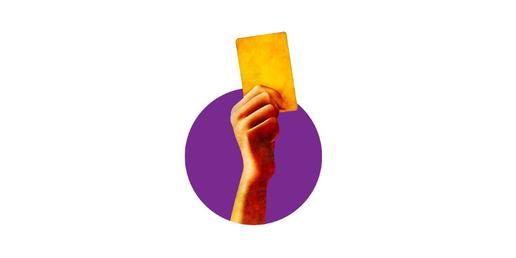



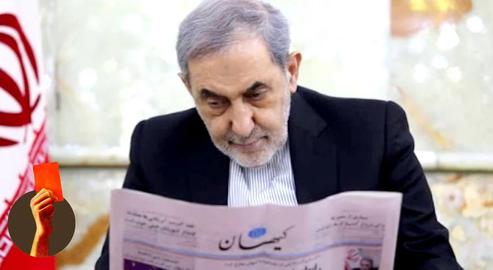

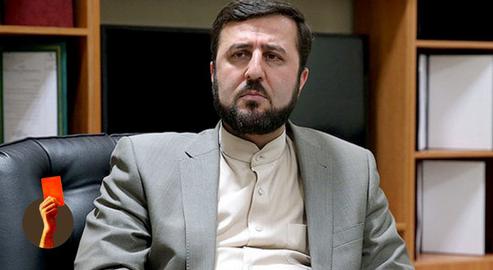
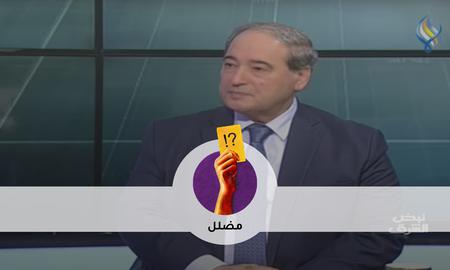
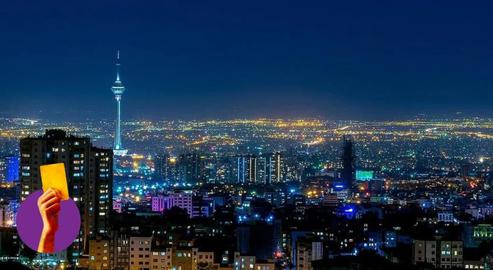
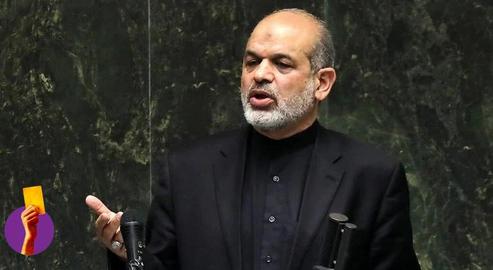
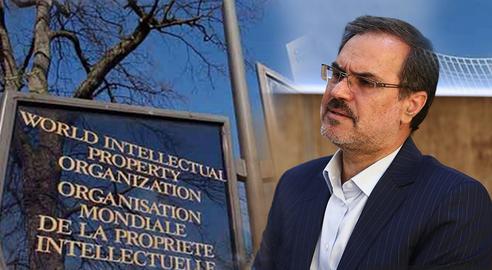

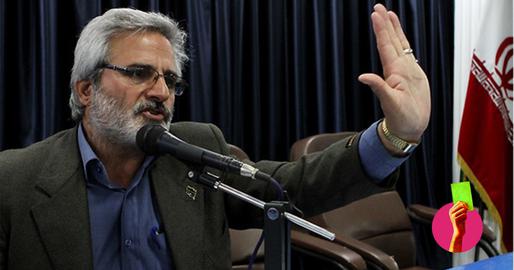
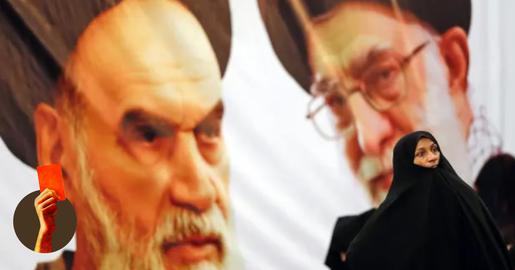
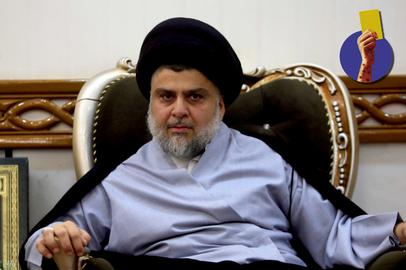
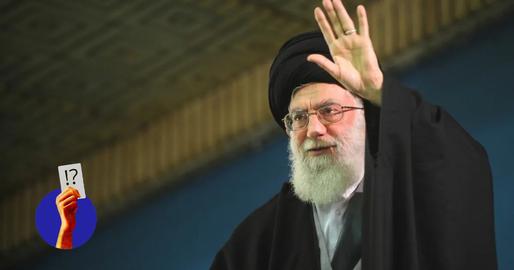
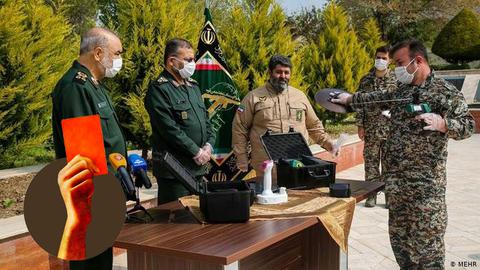
comments